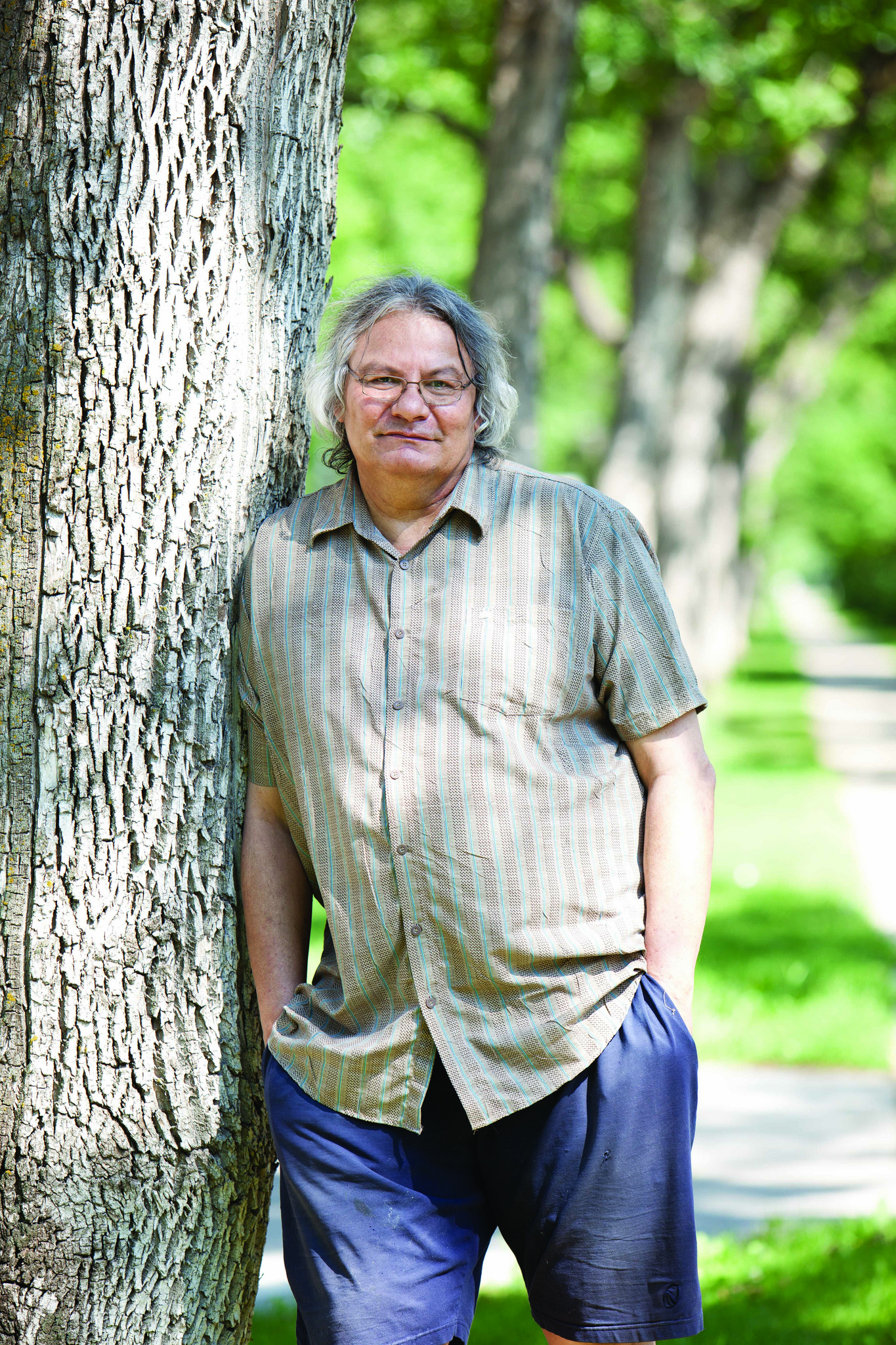Gil Cardinal, filmmaker (born 1950 in Edmonton, AB; died 21 November 2015 in Edmonton). Gil Cardinal was a prominent Métis filmmaker who directed numerous films and television shows. His work was premiered at prominent film festivals like the Toronto International Film Festival.

Early Life
At the age of two, Gil Cardinal was placed in a foster home. He remained with his adopted family until he was 21 years old. At the suggestion of a social worker, he became a student at the Northern Alberta Institute of Technology. There, he enrolled in its radio and TV arts program.
Career
After graduating in 1971, Gil Cardinal worked as a studio cameraman at the Alberta Education Communications Corp (Access). While working there, he shot his first film, a documentary about the pianist Marek Jablonski. In 1975, he was promoted to director and associate producer of Come Alive, an hour-long magazine-format show. Another project he directed for Access was Shadow Puppets: Indian Myths and Legends, a series of programs based on Cree and Niitsitapi (Blackfoot) traditional stories.
Cardinal became a senior producer before leaving Access. In 1980, he became active with the National Film Board of Canada (NFB) as a freelance director, researcher, writer and editor. His first film for the board was Children of Alcohol (1983). This film was a documentary about a group of teenagers and pre-teens focusing on the effects of parental alcoholism. He shot a series of short documentaries and dramas, notably Hotwalker (1985), about racetrack grooms and trainers. Following this, he embarked on the very personal Foster Child (1987), a cinéma-vérité documentary about his search for his family roots. His straightforward approach led him to discover the identity of his Métis mother, who ended her difficult life in a series of boarding houses on Edmonton's skid row. The film was a success on the festival circuit and broadcast on CBC's "Man Alive" series. Cardinal was awarded the Gemini for best direction for a documentary program in 1988, and Foster Child remained one of the most internationally acclaimed films by an Indigenous filmmaker working in Canada.
In 1987, Cardinal made Keyanaw Tatuskhatamak, about the struggle for self-government among the people of Northern Alberta. In 1988, he directed Bordertown Café, a half-hour drama for the CBC. His other NFB credits include The Spirit Within (1990), on Indigenous cultural and spiritual programs in prisons, and David with F.A.S. (1997), an exploration of fetal alcohol syndrome. In 1998, he directed the big-budget CBC miniseries Big Bear starring Gordon Tootoosis and Tantoo Cardinal. Gil Cardinal was nominated for a second Gemini award for his work on Big Bear. In 2006, he directed the CBC drama Indian Summer: The Oka Crisis, about the 1990 standoff between the federal government and Kanyen’keha:ka (Mohawk) protesters (see Kanesatake Resistance (Oka Crisis)). Cardinal has also directed numerous episodes of North of 60 and The Rez. The feature-length NFB documentary Totem: The Return of the G'psgolox Pole was screened at the 2003 Toronto International Film Festival.
In 1997, Cardinal was recognized with a National Aboriginal Achievement Award for Film and Television (now Indspire Award).

 Share on Facebook
Share on Facebook Share on X
Share on X Share by Email
Share by Email Share on Google Classroom
Share on Google Classroom